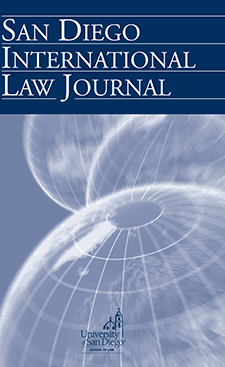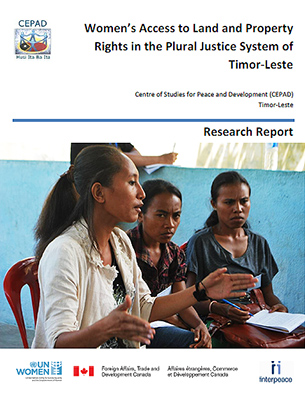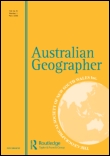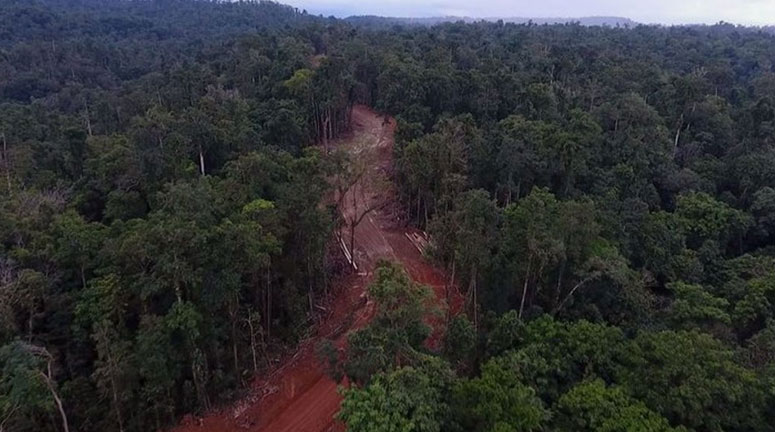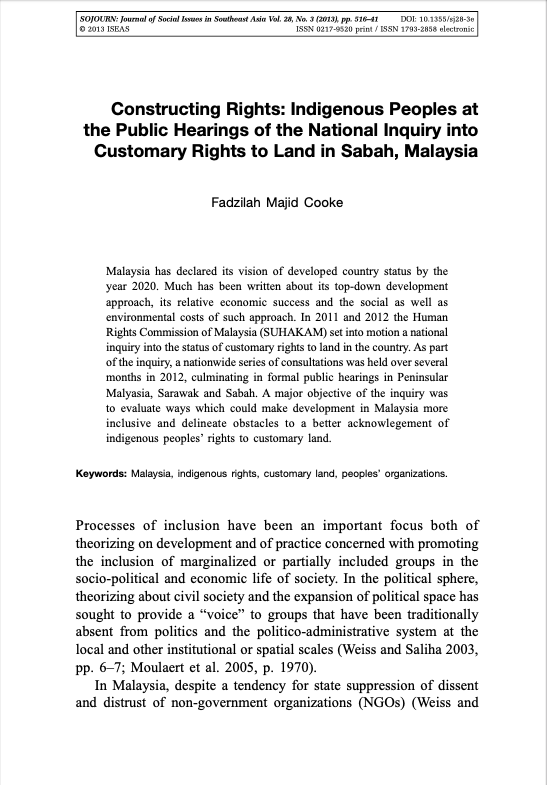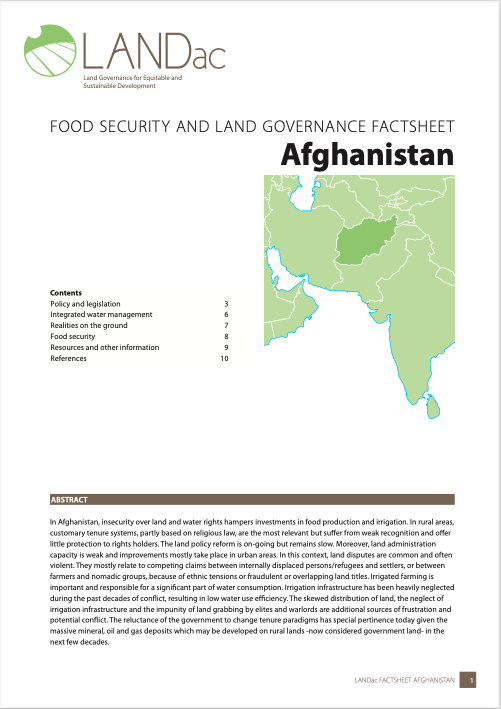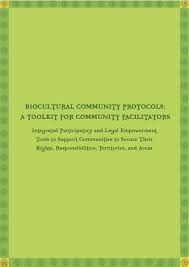Unpacking water tenure for improved food security and sustainable development
Increasing understanding of the role that secure water resources tenure plays in ensuring sustainable livelihoods, just resource governance, environmental protection, and sustainable economic development has led FAO to re-kindle the debate that had begun in 2012, when the Voluntary Guidelines on the Responsible Governance of Tenure of Land, Fisheries and Forests (VGGT) were adopted by FAO, and that had culminated in 2016 with the publication of the FAO seminal study "Exploring the concept of water tenure".


